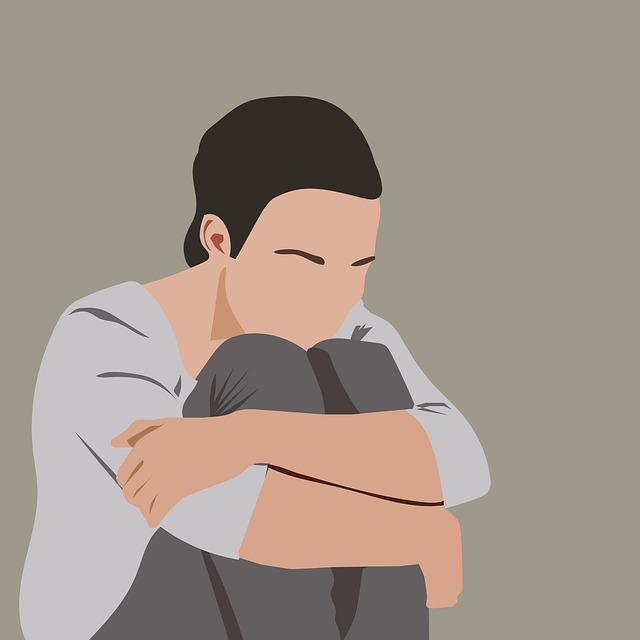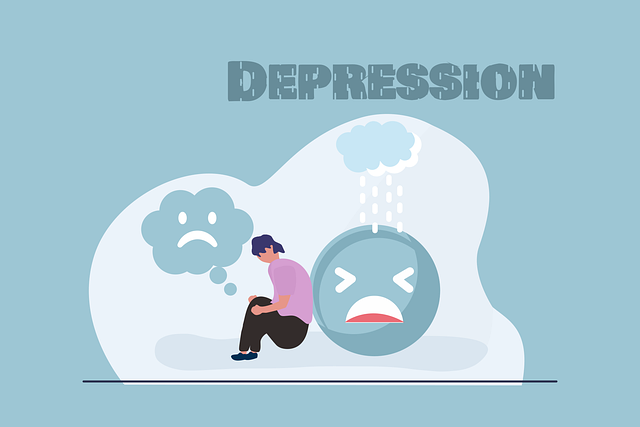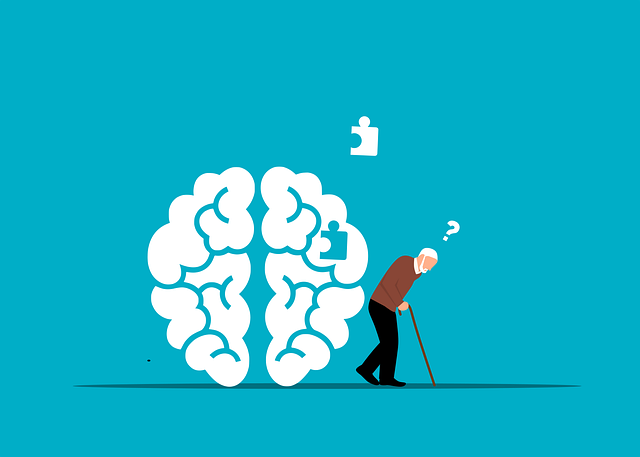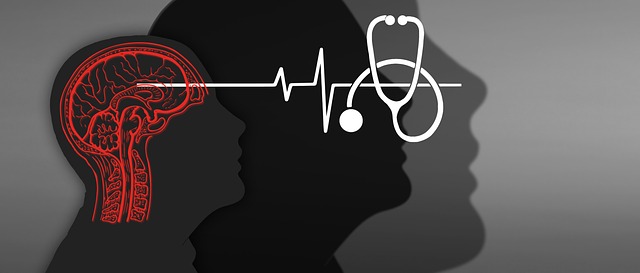Divorce brings significant emotional distress, requiring tailored therapy from mental health professionals. Risk assessments identify individual needs, addressing past trauma and coping mechanisms. Effective therapy offers safe expression, experience processing, and healthy coping strategies, while trauma support services heal psychological wounds. Coping skills are vital for managing turmoil, fostering healing, and resilience through self-care practices like exercise and mindfulness. Therapy equips adults with tools to process emotions, adjust to new lives, challenge negative thoughts, set goals, and build positive self-perception, ultimately strengthening their ability to cope post-divorce.
Divorce can have profound effects on adults, leaving them grappling with emotional turmoil. In this article, we explore coping skills development as a crucial aspect of healing from adult divorce. Understanding the impact of divorce and recognizing the importance of effective coping mechanisms is the first step towards recovery. We delve into therapeutic approaches and provide strategies for building resilient coping mechanisms to navigate this challenging life transition. Discover how therapy can support adults in finding closure, processing emotions, and embracing a new chapter.
- Understanding Divorce and Its Impact on Adults
- The Importance of Coping Skills in Healing
- Strategies for Building Effective Coping Mechanisms
- Therapeutic Approaches to Support Adult Divorce Recovery
Understanding Divorce and Its Impact on Adults

Divorce can be a profoundly stressful event, with significant emotional and psychological impacts on adults. It often leads to feelings of loss, grief, and identity crisis, affecting various aspects of life, including mental health. Many individuals struggle to cope with the changes brought about by divorce, which can result in long-term effects if unaddressed. Therapy for adults going through divorce plays a crucial role in helping them navigate these challenges.
Mental health professionals must conduct thorough risk assessments to understand the unique needs of each client. This process involves evaluating factors such as past trauma, emotional intelligence, and coping mechanisms. Effective therapy provides a safe space for individuals to express their feelings, process their experiences, and develop healthy strategies to manage stress and emotions. Trauma support services can be invaluable in addressing any underlying psychological wounds that may have been exacerbated by the divorce process.
The Importance of Coping Skills in Healing

Coping skills are essential tools for navigating life’s challenges, especially during significant transitions like adult divorce. In the aftermath of a divorce, individuals often experience a range of emotions—from grief and anger to uncertainty and anxiety. Effective coping strategies allow one to process these feelings in a healthy manner, fostering healing and resilience. Therapy for adults undergoing divorce can provide valuable guidance on developing these skills, offering crisis intervention techniques tailored to their unique circumstances.
By integrating self-care routine development and mind over matter principles, individuals can enhance their ability to cope. This might include engaging in regular physical activity, practicing mindfulness or meditation, keeping a journal, or connecting with supportive networks. These activities not only promote better mental health but also empower individuals to actively manage their emotional well-being during and after the divorce process.
Strategies for Building Effective Coping Mechanisms

Building effective coping mechanisms is a crucial aspect of maintaining mental well-being, especially during challenging life transitions like divorce. Therapy for adults going through divorce can provide valuable tools to navigate this period. One effective strategy is practicing self-care routine development for better mental health. This involves setting aside dedicated time for activities that promote relaxation and reduce stress, such as exercise, meditation, or engaging in creative pursuits. Establishing a consistent self-care routine helps individuals process their emotions and fosters resilience.
Additionally, trauma support services play a significant role in coping skills development. These services offer specialized help to process and overcome any past traumas that may be exacerbating the divorce’s impact. Boosting confidence is another key component, as it empowers individuals to face challenges head-on. Through therapy sessions, adults can learn to challenge negative thought patterns, set achievable goals, and develop a more positive self-perception, all of which contribute to building effective coping mechanisms for life after divorce.
Therapeutic Approaches to Support Adult Divorce Recovery

Many adults struggling with divorce find therapeutic approaches invaluable in their recovery journey. Professional therapy offers a safe space to process complex emotions, navigate the transition, and develop effective coping mechanisms. Through individual or group sessions, clients can explore their feelings of loss, anger, and fear, often stemming from the significant life change. Therapists skilled in divorce recovery provide tools for self-care practices, fostering mental wellness and resilience.
One key aspect is helping individuals assess and manage potential risks associated with the divorce process. This includes emotional challenges, financial strain, and adjusting to new living arrangements. Mental health professionals play a crucial role in supporting clients’ physical and psychological well-being during this challenging period. By integrating self-care strategies into therapy, adults can build a support system and enhance their overall mental wellness, ensuring they heal and thrive post-divorce.
Coping with divorce is a unique and often challenging journey, but developing effective coping skills can significantly enhance healing. As previously mentioned, therapy plays a vital role in supporting adults navigating the aftermath of divorce. By employing therapeutic approaches tailored to their needs, individuals can explore and process their emotions, gain valuable insights, and build resilience. Ultimately, embracing strategies for healthy coping mechanisms enables folks to transform their lives, fostering personal growth and a renewed sense of well-being in the world post-divorce. Remember that seeking therapy for adults divorce is not only beneficial but also a testament to one’s commitment to healing and self-care.












